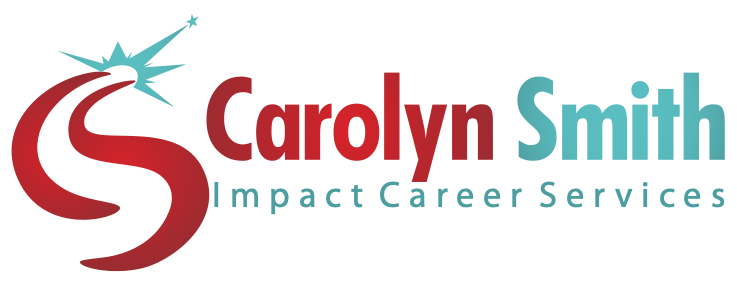I’m surprised employers still use this question, as it is hardly a surprise question, but apparently, they do. The question, tell me about your greatest weakness is based on interviewers wanting to know ‘what’s wrong with you’.
Now while most job seekers have anticipated that this question is going to be asked, most people still don’t answer this interview question well. In this article, I’m going to share the best approaches and the worst approaches to answering this standard interview question.

The right approach
Share how you turn failure into success
The best way to address this question, is to focus on some skill, or characteristic which you lack and then show, how despite this weakness, you turned it into a success. For example:
- I’m not the best at remembering schedules and appointments, especially when I’m juggling multiple tasks. But I’ve managed to correct this failing by using appointment and scheduling apps, which means, I have not missed a schedule or appointment since. Let me show you the main app I use – it is a fantastic tool.
- I really struggled with technology when I first arrived at XYZ Company, and this was impacting on my performance. I decided to tackle the problem and in my own time, learnt the relevant software. I’m now the office guru in this software program. Despite being the office guru, technology never comes naturally, but I’ve learnt by being persistent and applying myself, I always get there in the end.
Balance a weakness with a strength that matches the job requirements
Another great alterative it to balance a weakness with strength and making sure the strength matches the requirements of the job.
For example, if you were going for a support role, you could highlight the fact that you are not good at strategic oversight, instead, very detail orientated, which ensures that you can successfully support your manager.
This would not be a great example to use, if you were the manager and there was an expectation that you would be good at ‘big picture’ thinking and strategic leadership.
The wrong approach
Tell them that you have no weaknesses
As much as you would like to say that you don’t have any weaknesses don’t. Nobody, as in nobody has zero weaknesses, including President elect, Prime Ministers, the late Mother Theresa. If you state that you have no weaknesses, it will be assumed that you are narcissist. A narcissist is a person who thinks they are never wrong and like to present proof that they are always correct. By not being able to accept the idea that you have weaknesses, you are sharing with the interviewer that you will not be accountable for mistakes or actions and will have a negative impact on the team.
Mention such a negative weakness that interviewers are repelled by you
There are some negatives that no matter if you counter them with a positive, will repel the interviewer. In no particular order:
- Can’t follow directions
- Take credit for other people’s work
- Stress out easily
- Argumentative
- Lazy
- Refuses to ask for help
- Hard to work with
- Don’t generally get on with coworkers
Keep the brutally honest negative feedback to yourself, unless of course you are not keen on the job opportunity.
Avoid the use of clichés
If you fall back on some clichés, it is obvious that you don’t really have great insight into yourself. Even if they are true – because so many job candidates use these clichés, it will be difficult come across as authentic. For example, avoid clichés such as you’re a workaholic, or a perfectionist.
In summary: Just a little bit of planning and you will be super prepared for this question, which still crops up during the interview process.

Leave a Reply